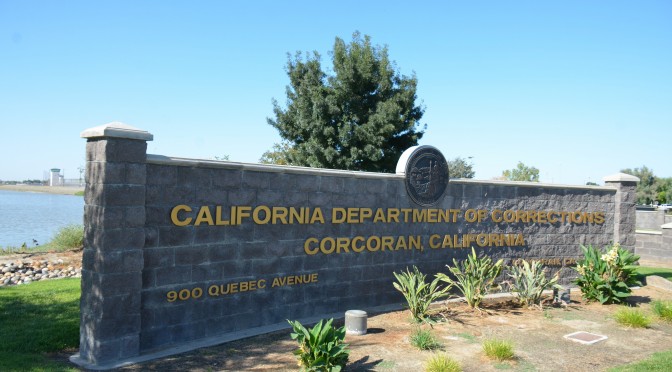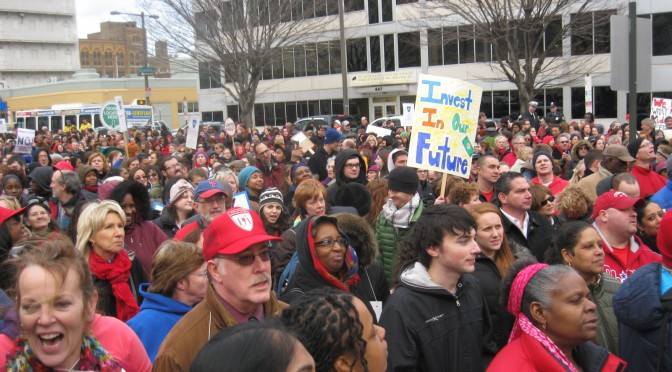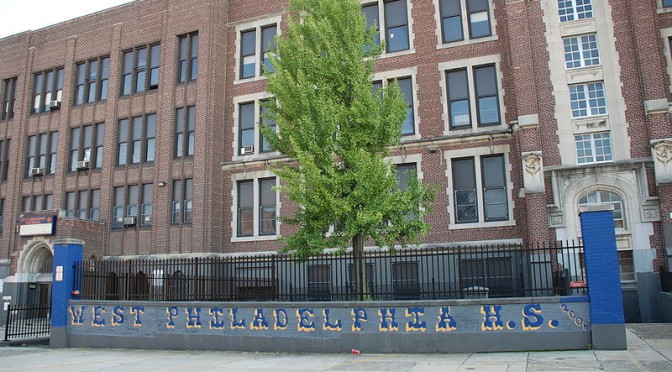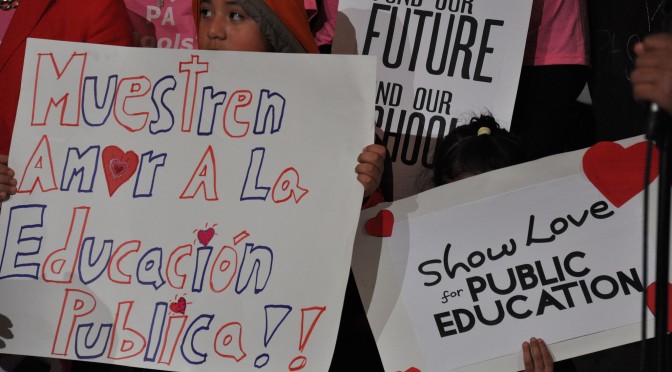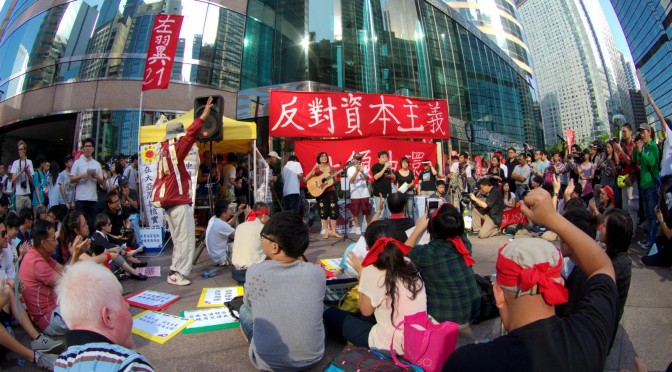By Steve Brier
The New York Times recently ran back-to-back articles in their “This Working Life” column by Rachel Swarns. The first article, which appeared in the Oct. 19 issue of the paper, describes the firing of a pregnant low- wage worker, Angelica Valencia, from her position at Fierman Produce Exchange in Queens, where she earned $8.70 an hour packing potatoes. Her job, which frequently required overtime work, led her to get a doctor’s note indicating that her “high risk” pregnancy required that she not work beyond 40 hours a week. The company insisted that both overtime and heavy lifting of boxes were essential parts of the job and, despite passage by the City Council more than a year ago of the Pregnant Workers Fairness Act, the company refused to make an accommodation for Ms. Valencia and fired her in August. The company claimed that she was unable to continue working because she was at “high risk” in a workplace “that was fast-paced, was very physical and involved machinery.” Continue reading Fighting Sexism in the Workplace


